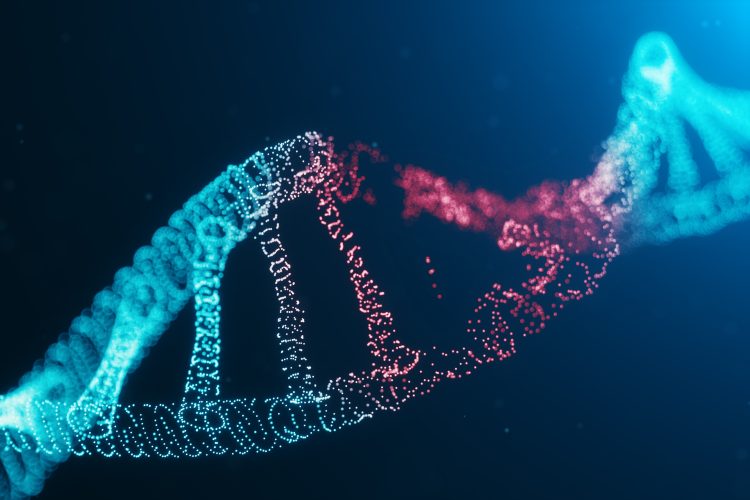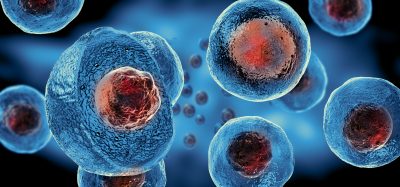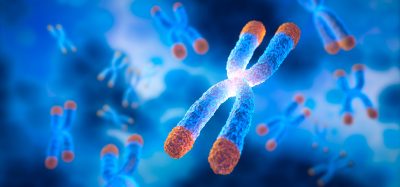Uncovering the genetic and cellular impacts of smoking
Posted: 25 April 2024 | Ellen Capon (Drug Target Review) | No comments yet
Epigenetic data assessing the effects of smoking on DNA methylation could serve as biomarkers of exposure effects.


Researchers from the University of Chicago have analysed over 900 samples of different human tissue types to investigate the extent of cellular and genetic damage caused by smoking. Generating epigenetic data to assess the effects of smoking on DNA methylation (DNAm) discovered several new regions associated with smoking.
Typically, epidemiological studies on the effects of exposure to environmental contaminants like smoke often use blood samples only, as they are easy to collect. A 2017 study, conducted by University of Southern California and National Institute of Health scientists, identified seven smoking-associated hypomethylated CpGs, with five of these loci having been previously reported as hypomethylated in smoker’s blood. This suggested that blood-based biomarkers can reflect changes in the target tissue for these loci.1
However, in the new study, the team worked with tissue samples from the GTEx Project, a publicly funded biobank housing human tissue samples from over 950 postmortem tissue donors. Senior study author Dr Brandon Pierce, professor of Public Health Sciences and Human Genetics at UChicago, explained: “The epigenome varies dramatically across cell types and tissue types, as could the epigenetic effects of exposures.”
The team used DNAm data from nine tissue types, including lung, colon, muscle, kidney, ovary, and testis. Alongside the tissue samples, data was provided about whether the donor ever smoked in their lifetime, if they never smoked, or if they were currently smoking at the time of death. The researchers analysed data on DNAm at cytosine-guanine nucleotide in the sequence of bases and found 6,350 smoking associated CpGs in lung tissues, and 2,753 in colon tissues. This meant that genetic regions displayed differences in DNAm among the ever or current smokers, compared to never smokers.
Many CpGs identified in the tissues matched up with ones found in previous studies using blood samples. This included genes involved in detoxification or transformation of foreign chemicals. Furthermore, there were large differences among tissue types, with the lungs, expectedly, having three times as many smoking-associated CpGs identified as the colon.
Being the main cause of preventable deaths worldwide, it is widely known that tobacco smoking causes the development of many dangerous disorders, including within the circulatory and respiratory systems, cancer, fertility disorders and foetal malformations.2 So, although no further evidence is required to understand that smoking is bad for health, having a tissue specific understanding of its effects is useful. Co-first author and PhD student Niyati Jain stated: “The epigenetic responses to smoking may reflect mechanisms that defend us against or mediate the adverse effects of smoking. Characterising them can give us a better understanding of disease relevance and risk.”
By using the same technique, Dr Pierce said this could further our knowledge about other, less obvious environmental exposures. “We can identify epigenetic signatures that can serve as biomarkers of exposure effects. For example, based on a person’s epigenome, we can potentially tell if they’ve been exposed to a particular type of contaminant…The more we can increase the diversity of tissues and number of samples from more people, the more we can learn.”
This study is published in American Journal of Human Genetics.
References
1 Duan J, Hua X, Laird-Offringa IA. Epigenome-wide analysis of DNA methylation in lung tissue shows concordance with blood studies and identifies tobacco smoke-inducible enhancers. Human Molecular Genetics. 2017 August 1 [2024 April 11]; 26(15):3014-3027. Available from: https://academic.oup.com/hmg/article/26/15/3014/3811691
2 Jacenik D, Hikisz P. The Tobacco Smoke Component, Acrolein, as a Major Culprit in Lung Diseases and Respiratory Cancers: Molecular Mechanisms of Acrolein Cytotoxic Activity. Cells. 2023 March 11 [2024 April 9]; 12(6):879. Available from: https://www.mdpi.com/2073-4409/12/6/879
Related topics
Biomarkers, DNA, Epigenetics
Related conditions
Cancer, circulatory system disease, infertility, respiratory diseases
Related organisations
University of Chicago
Related people
Dr Brandon Pierce (University of Chicago)








